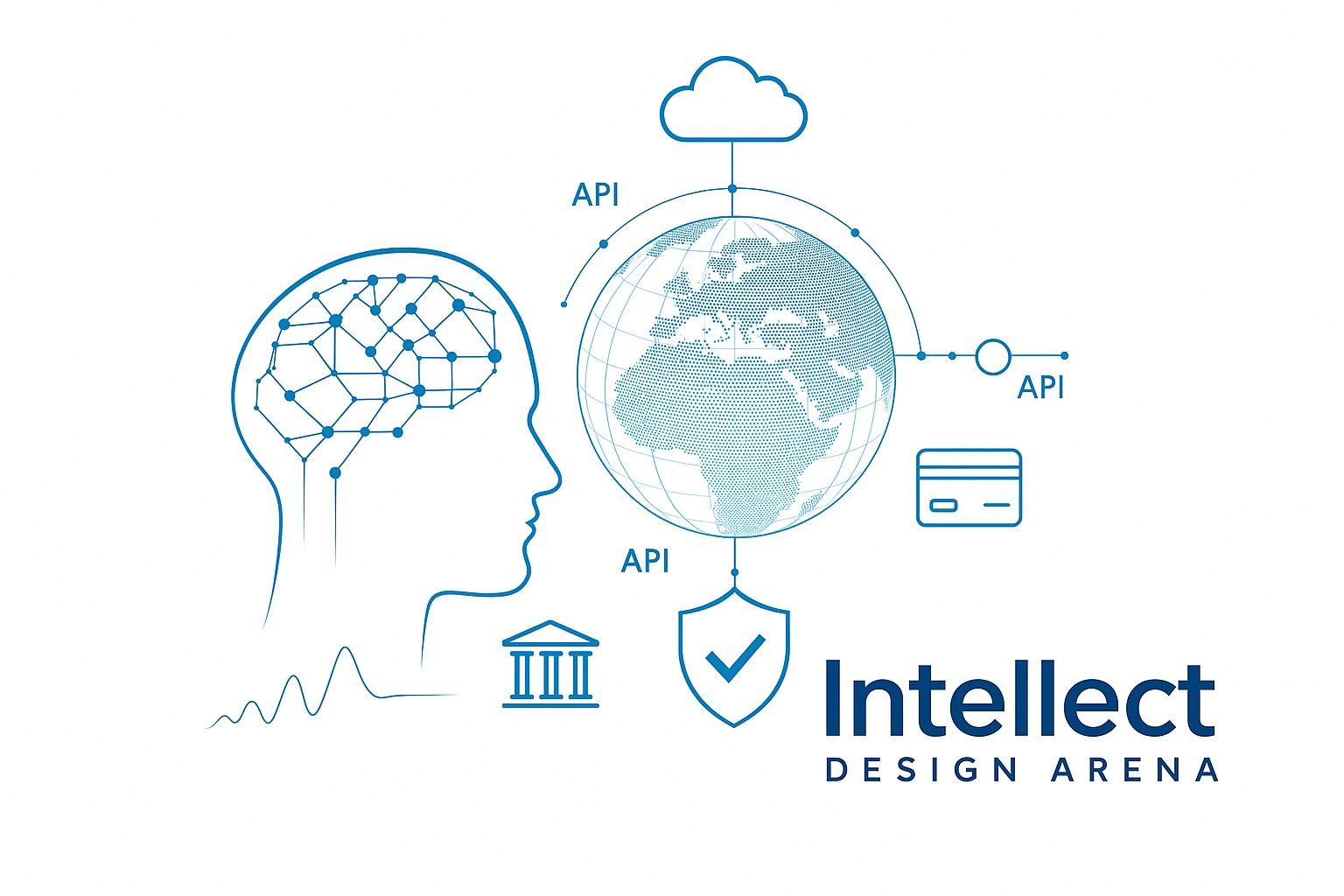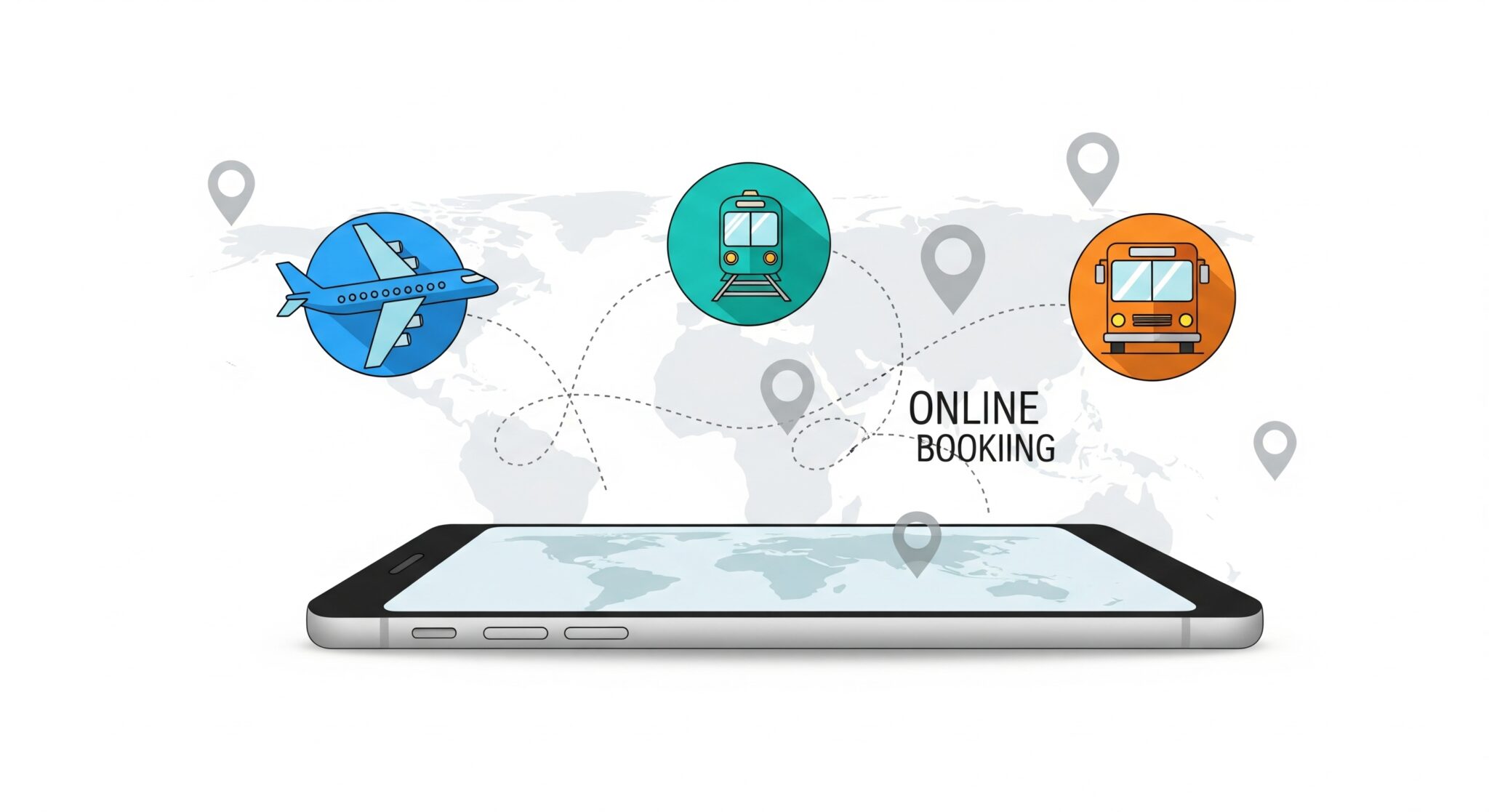Infosys has settled with the US Justice Department in a case alleging abuse of the H1-B and B1 visa system, for a sum of $34 million.
H1-B is a work visa. B-1 is a short-term business visa on which you’re not allowed to work. Even for modelling assignments in the US, models have to get an H1-B, since that is actual work done in the US. So sending a person on B-1 saying it’s for a customer discussion, and then having that person write programs for three months is a no-no.
But Infosys did, supposedly, and did it knowingly. In a memo that was only taken back in 2011, the company exhorted its employees who applied for B-1s to actively avoid mentioning anything that sounded like they would be going for actual work. Infosys denies allegations of wrongdoing, saying all this was consistent with policy.
Says Bloomberg:
Infosys has been sending employees to the U.S. with B-1 visitor visas, letting it sidestep caps on H1-Bs — the permits designed for high-tech workers. To settle the case, the company agreed to pay a $34 million penalty to Homeland Security Investigations, the U.S. State Department and the U.S. Attorney’s Office for the Eastern District of Texas, according to a filing today in federal court in Texas. The fine is the largest ever for the outsourcing industry, which manages tasks for customers using a mix of on- and offshore labor.
The settlement is a good thing for the company, with them not having to look over their shoulder for such offenses committed in the past anymore. The behaviour mentioned is common – in 1996 I visited the US on a B-1, for a different company, and did things that were most definitely “work”, and not just “business discussions”. And if there was a clause in the rules that allowed this, even a loophole, you can bet that companies like Infosys have used them to their advantage.
Such behaviour causes outrage, and in the US, there is already legislative changes in the making. One bill makes it impossible for a company with more than 15% of US employees as H1-Bs to put their employees at client sites, which if passed will bring the US operations of most outsourcing companies to a grinding halt. (While not hurting companies like Microsoft who might still have H1-Bs, but use them at their own offices)
While the problem is not small – Indians get more than 50% of the H1-B visas issued – the Infy settlement shows the loopholes in the law make such abuse legal. Otherwise they wouldn’t have settled, and not for such a small sum (Infy earns $34 million is less than two days).
In the settlement agreement, Infy says:
Infosys agrees not to use non-specific invitation letters absent express written agreement from State. As set forth in Infosys’s current B-1 policy, established in 2011, each B-1 visa applicant must provide a detailed description of the activities that will be performed by that applicant at the time of each entry into the United States. Infosys will retain a copy of this description for a period of three years and provide it to the United States upon its request.
This might create scope for future penalties. Will it affect business? We don’t yet know.
The other outsourcing giants – TCS, Cognizant, Wipro and HCL-Tech – will undoubtedly look closely at this and what it implies for them. It could now be that each of them must settle or follow similar procedures to avoid legal battles.
Infy’s share meanwhile closed only 0.5% lower at 3310.



